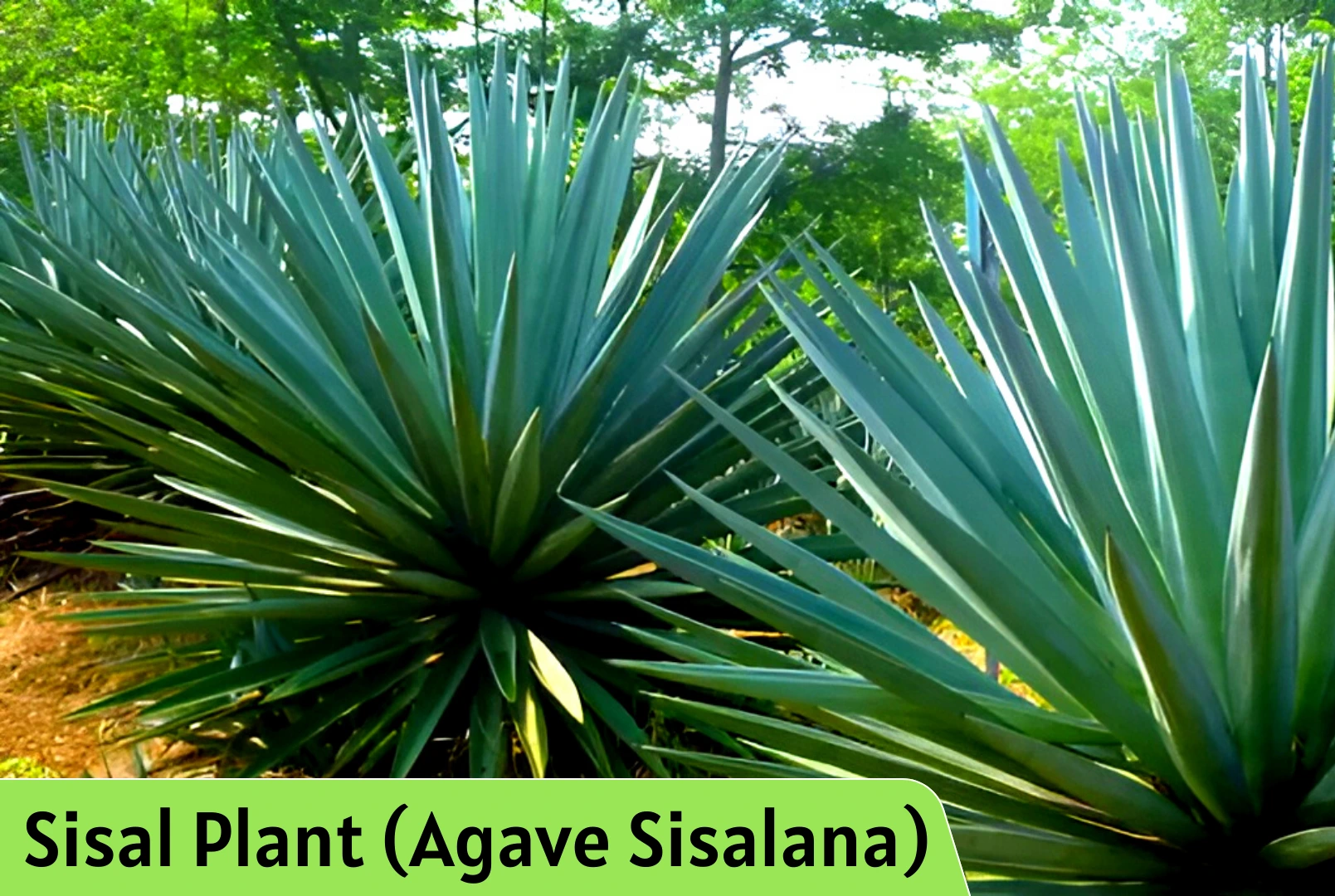Context:
Recently, researchers have devised an eco-friendly process to manufacture a highly absorbent material using Sisal plant leaves, to transform the production of menstrual hygiene products.
Harnessing Sisal Plants Leaves in Menstrual Products
- Researchers developed a Sisal plant leaf delignification process inspired by termite guts and wood-rot fungi.
| Delignification Process: The initial step in removing lignin from lignocellulosic materials is the delignification process. |
-
- The termite gastrointestinal tract contains an astonishing consortium of organisms.
- Peroxyformic acid has been used in this process to remove lignin while selectively preserving the structure of cellulose microfibers.
- The approach minimizes environmental damage compared to traditional methods. Decomposed by-products from this process pose minimal harm.
About Sisal Plant Leaves
-
Sisal Plant Characteristics
- The Sisal Plant is a succulent plant well-known for thriving in arid regions and belonging to the Agave species.

-
- Features include a robust 90 cm (3 feet) tall stalk with thorns and an unpleasant odor.
- Forms dense clusters at branch ends, with buds growing in the upper angle between the stem and flower stalk.
- Indigenous to Central America, cultivated in various countries including Kenya, Mozambique, Brazil, and the Philippines.
-
Sisal Plant Leaves and Its Lifecycle and Utility
- Lifespan: 7-10 years, producing 200-250 usable leaves.
- Water-retaining properties and sustainable cultivation make it suitable for absorbent materials.
-
Historical Significance of Sisal Plant
- Ancient Aztec and Mayan civilizations pioneered using sisal leaves for diverse purposes.
- Applications ranged from paper production to the distillation of alcoholic beverages.
-
Application of Sisal Plant Leaves
-
- Each leaf boasts approximately a thousand fibers, offering sustainable options for rope, paper, and cloth manufacturing.
What is the Situation with Access to Menstrual Hygiene Across Countries?
- In 2022, Ashoka University’s Centre for Economic Data and Analysis documented a substantial increase in the adoption of sanitary practices among individuals.
- However, there is Limited access to menstrual hygiene products for approximately 500 million people worldwide.
| Sanitary napkins typically incorporate an absorbent material comprising a blend of wood pulp and synthetic superabsorbent polymers (SAPs). |
-
- In rural India, only 42% of adolescent women exclusively use hygienic methods for menstrual management.
Continue To Read: Menstrual Hygiene In India
What Steps Have Been Taken to Make Sanitary Napkins More Sustainable?
- Growing environmental issues about menstrual sanitation waste have prompted scientists to explore more sustainable options for sanitary napkins.
| Why is Banana not a good option for Sanitary Napkins?
Being sensitive to drought, Banana plants may not be a sustainable choice for sanitary napkin production in arid or semi-arid regions. |
- Various institutions have used plant fibers, such as banana plants to reduce synthetic superabsorbent polymers (SAPs) in napkins.
- In addition to it, Sisal, a succulent plant with water-storing capabilities, has also been proposed as an alternative for environmentally sustainable sanitary napkins.
- The absorbent capability of sisal’s fluff pulp is high compared to cotton sourced from commercially produced sanitary napkins.
Also Refer: Draft Menstrual Hygiene Policy For Social Justice In India
What are the Health Risks Associated with Sanitary Napkins?
- Dioxin Content: Single-use sanitary napkins contain dioxin, a persistent environmental pollutant.
- Dioxin is classified as a “known human carcinogen” by the International Agency for Research on Cancer (IARC).
- Health Hazards: Exposure to dioxin in sanitary napkins poses potential health risks, including increased cancer risk.
- Environmental Impact: Improper disposal of sanitary napkins contributes to environmental pollution due to the non-biodegradable waste they generate.
Conclusion
Incorporating sisal plants in menstrual hygiene items signifies notable progress in tackling period poverty and environmental sustainability. However, there is a need for its successful implementation.
News Source: The Hindu
![]() 11 Jan 2024
11 Jan 2024
